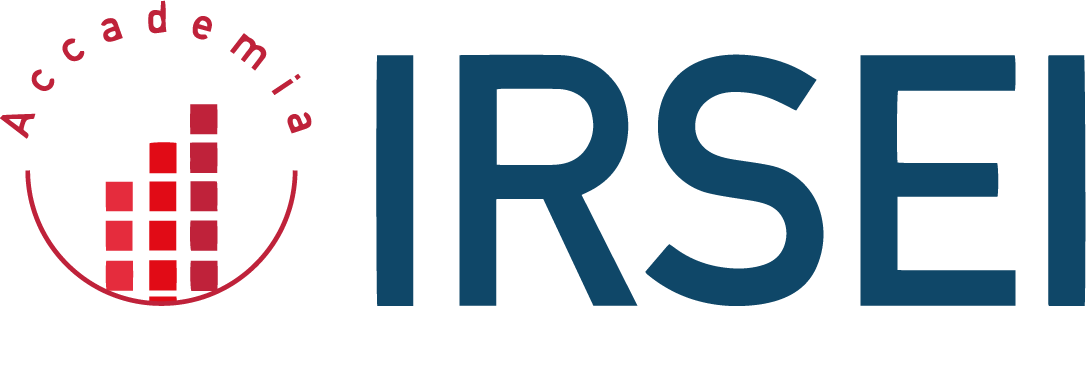In May, the workshops of the first year of the Obiettivo 4C project came to an end.
The project, selected by Con i Bambini within the framework of the Fund for Combating Juvenile Educational Poverty and co-financed by the Fondazione con il Sud CDP (Cassa Depositi e Prestiti), aims to implement innovative teaching methods in curricular courses and the development of extracurricular courses, which enhance students as a resource and motivate them in their educational and cultural growth.
Objective 4C embraces the 4 Cs identified as key in 21st century education, highly expendable in the labor market: creativity, collaboration, critical thinking and communication. Specifically, from the beginning of the school year to date, a number of workshops open to a maximum of 21 participants have been held in STEM subjects involving students from the Liceo Ugdlena’s classical, artistic and hotel courses, demonstrating how science subjects are also a priority in their studies.
IRSEI delivered two of the seven available workshops of 135 hours each, involving expert trainers in the field. Technicians from FAB LAB held the FAB labs, imparting knowledge to the young participants to learn how to design, model and print 3D prototypes.
The FabLab workshops, within the context of Classroom 4.0, represent a highly innovative learning environment and offered students the opportunity to explore and experiment with creativity, design and production in three key areas: graphics, design and engineering. At the end of the workshops, the completed projects were printed and given to the students. Finally, the second workshop delivered by IRSEI and held by FABLAB experts was the BIOSTEM course, during which the student’s gained knowledge and awareness of the everyday effects and behaviors that can affect the environment and complex systems. The workshop was designed according to the “learning by doing” methodology, in an engaging and interactive manner to maximize the learning of the young participants. The students, in fact, after receiving training on renewable energy, the European and Italian panorama, solar energy, wind energy, hydropower, biomass and geothermal energy, and the future of renewable energy, they worked on a group project to build a wind turbine using a special kit provided by IRSEI.
The first year of workshops is ending and the feedback from the students in the final evaluation questionnaire is very positive and raises high expectations for the next year of workshops. It is therefore hopeful that the next workshops will involve new students attracted to STEAM subjects and that the knowledge acquired by the students who joined this year will be consolidated, making a significant impact on their academic and professional future.

